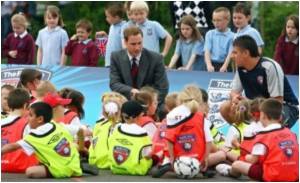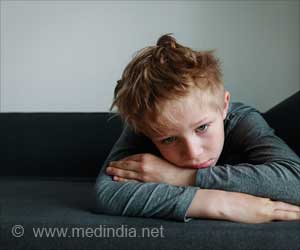Inclusion of differently-abled children in regular schools can work for all kids, a study claims.

However, he admits educators need to pay a bit more attention to the school experience of children who are not fully abled.
Loreman, in a paper presented at the 2010 Congress for the Humanities and Social Sciences taking place at Montreal's Concordia University, said there is a big debate in Canada on practices of inclusion, which vary considerably across the country.
The viability of inclusion is widely debated, though research suggests that inclusion benefits all students.
Loreman says his study supports the view that inclusion is the best policy. He says he defines an inclusive school as one in which children of all abilities learn together in regular classrooms, and in which there is adequate support for staff and pupils as well as good collaboration between school and home. In other words, he says, children with 'exceptionalities,' as he prefers to call them, are not merely dumped at school and left to sink or swim.
Loreman says his study looked at the experience in a school district in rural Alberta that had decided to embrace inclusion - in part because geography made bussing 'exceptional' students to a single school prohibitive.
What they found was that everyone was having a positive experience in school. All children felt, for example, that the teachers cared about them and had high expectations of them. Loreman says that while the 'exceptional' pupils reported being less positive, it was really a question of degree.
Source-ANI
 MEDINDIA
MEDINDIA




 Email
Email




